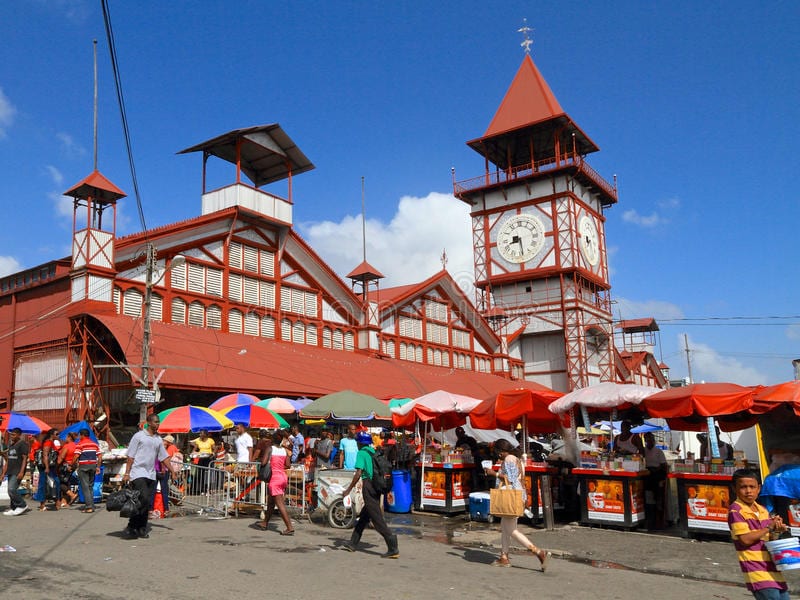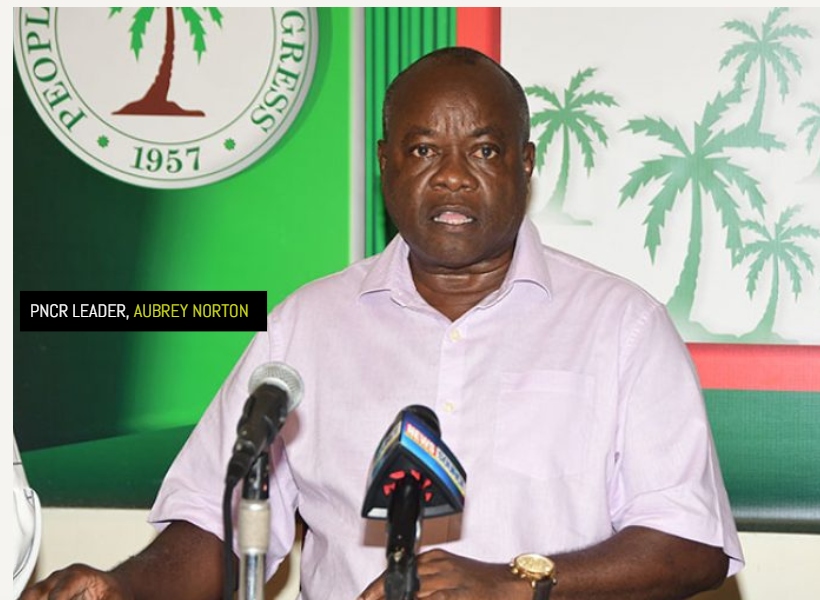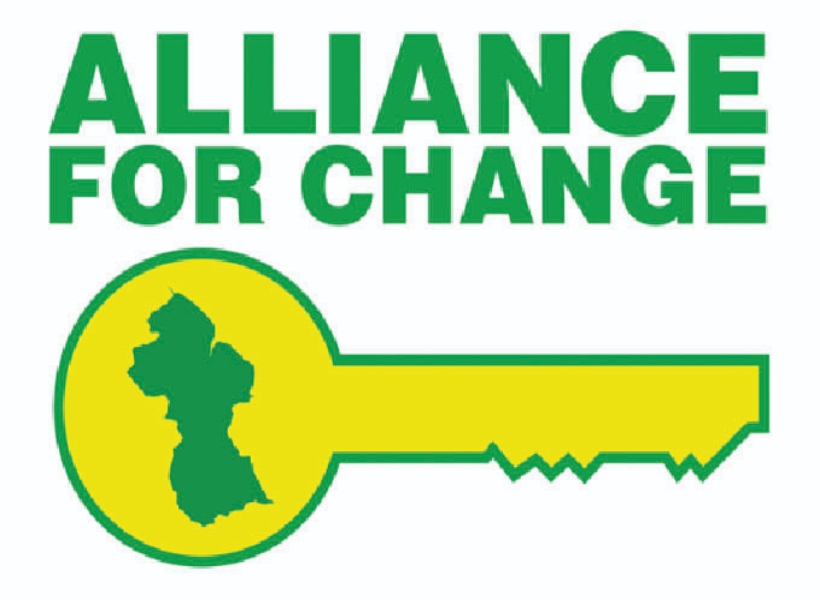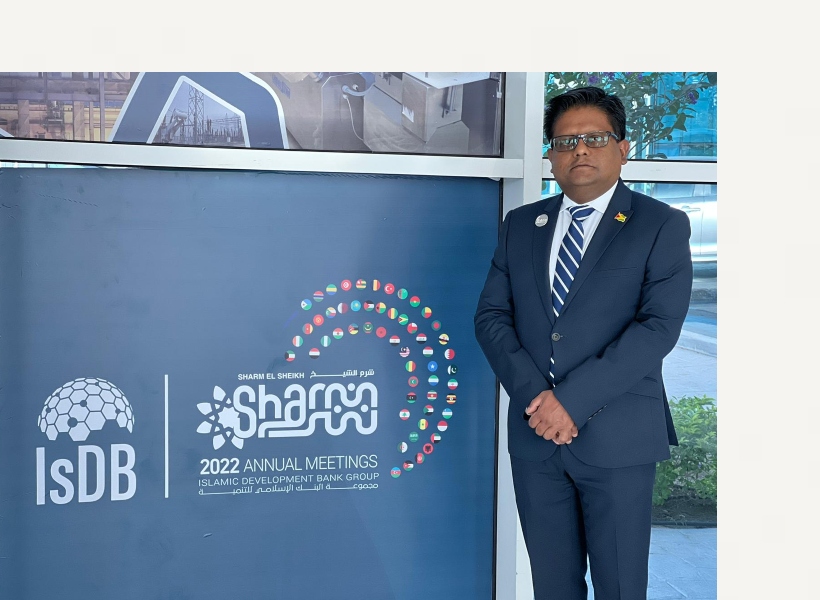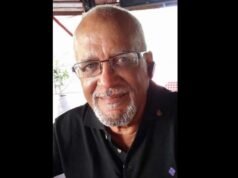Guyana may be at a point in time of her history where transformational development is set to take place at an unprecedented pace by virtue of her mammoth-sized oil reserves.
While this may be the case, it is important for the world to know that the relatively new oil producer will do everything in her power to avoid being gripped by the dreaded Dutch disease. She will also pursue a suite of efforts to build on her climate change credentials. This was essentially the message delivered by Senior Minister in the Office of the President with responsibility for Finance, Dr. Ashni Singh at the 2022 Meeting of the Islamic Development Bank (ISDB).
During his address, Dr. Ashni Singh extended congratulations to the bank on another successful year along with greetings from President, Dr. Irfaan Ali and the people of Guyana.
He explained that due to the various challenges being faced by a number of countries, specifically stemming from the COVID-19 pandemic and the impacts of the Russia-Ukraine war, the work of the Bank is even more important to those countries in the months and years ahead.
Minister Singh pointed out that alongside the immediate crises; countries continue to grapple with the devastating effects of climate change.
At this point, the official alluded to the situation in Guyana while highlighting the work government has been doing in the area of climate change. Despite being a new oil producer, the official said Guyana places the highest level of importance on its climate credentials. As a low low-lying coastal state, “We are ourselves extremely susceptible to rising sea levels and flooding. At the same time, as a heavily forested country with low rates of deforestation, we are making an outsized contribution to the global fight against climate change,” said Dr Singh.
The minister added, “Our Low Carbon Development Strategy (LCDS 2030) articulates these two intersecting realities, outlining a plan to ensure that the role of our standing forests in the global effort to fight climate change is recognized and remunerated, in order to enable us to make the required investments to achieve accelerated economic growth along a low carbon climate-friendly trajectory.”
Dr. Singh stated further that in order to sustain strong non-oil growth into the medium and longer-term, the government is putting in place the prerequisites for diversifying the productive sector, improving competitiveness, and increasing resilience including investing in adequate, reliable, affordable, and cleaner electricity which is essential for a competitive manufacturing sector. He noted too that government is expanding and upgrading transport infrastructure, ramping up food production by bringing more acreage under cultivation, and widening the range of crops grown as well as animals reared.
To complement the foregoing efforts, Dr Singh noted that the Islamic Development Bank will continue to be a highly valued development partner for Guyana reminding that “we are already at an advanced stage of developing new projects for our portfolio with the Bank, including one in transport infrastructure that is due to go to the executive board in September.” Minister Singh also noted that other projects, mostly in advancing the infrastructure upgrade and build-out agenda, will follow later.
Among those in attendance at the Annual Meeting being held in Sharm El Sheikh in the Arab Republic of Egypt were Dr. Hala ElSaid, Chair of the Board of Governors of the Islamic Development Bank and Dr. Muhammad Sulaiman Al Jasser, President of the IsDB. Minister Singh was accompanied at the meeting by Guyana’s Ambassador to Qatar, Safraaz Shadood.
The theme of this year’s meeting was ‘Beyond Recovery: Resilience and Sustainability’.


